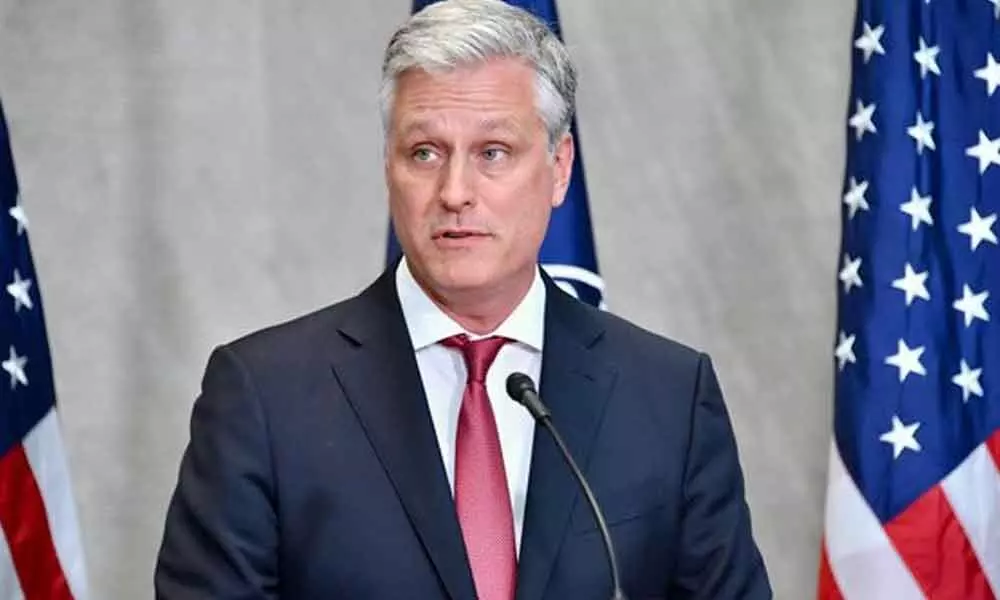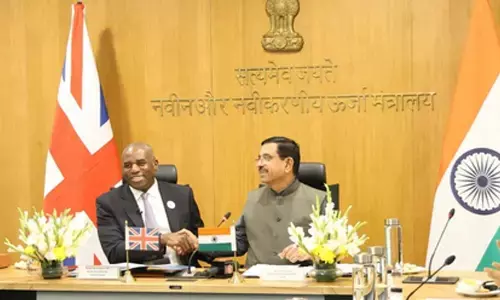'Talks with China won't help'

US' National Security Adviser
US NSA advises India on Ladakh standoff
Washington: China has 'attempted to seize' control of the Line of Actual Control (LAC) with India 'by force' as part of its territorial aggression, US' National Security Adviser has said, underlining that time has come to accept that dialogue and agreements will not persuade Beijing to change.
India and China are locked in a five-month-long tense standoff in eastern Ladakh that has significantly strained relations between New Delhi and Beijing. Both sides have held a series of high-level diplomatic and military talks to resolve the border row.
However, no breakthrough has been achieved to end the standoff.
"Chinese Communist Party's territorial aggression is also apparent on its Indian border where China has attempted to seize control of the Line of Actual Control by force," US National Security Adviser Robert O'Brien said in a remark on China early this week in Utah.
China's territorial aggression is also true in the Taiwan Strait where the PLA (People's Liberation Army) Navy and Air Force continue to conduct threatening military drills, O'Brien said. "Beijing's signature international development programme, One Belt One Road (OBOR), involves impoverished companies taking on opaque and unsustainable Chinese loans to pay Chinese firms employing Chinese labourers to build their infrastructure," he said.
Many of these projects are unnecessary, shoddily built and are "white elephants", the US National Security Adviser said.
"And now these countries' dependence on the Chinese debt leaves their sovereignty eroded and with no choice but to hue to the party's line on UN votes or any other issue that the Chinese Communist Party considers a red line," he said.
O'Brien also noted that China's other international aid efforts include selling surveillance systems and similar tools of repression to "pariah regimes" around the world, including Venezuela's Nicolas Maduro. "The time has come to accept that dialogue and agreements will not persuade or compel the People's Republic of China to change. There's nothing to be gained from looking the other way or turning the other cheek. We've been doing that for far too long," he said.
O'Brien said the US must stand up to the Chinese and protect the American people. "We must promote American prosperity, practice peace through strength and advance American influence in the world," he said, adding that under President Donald Trump's leadership that is exactly what the US has done.
O'Brien said the Trump administration has adopted a competitive approach to China. That approach, he said, has two primary objectives. First, improve the resiliency of US institutions, alliances and partnerships to prevail against the challenges that China presents; and the second is to impose tangible cost in order to compel Beijing to cease or reduce actions harmful to America's vital national interest and those of its allied and partner nations.









